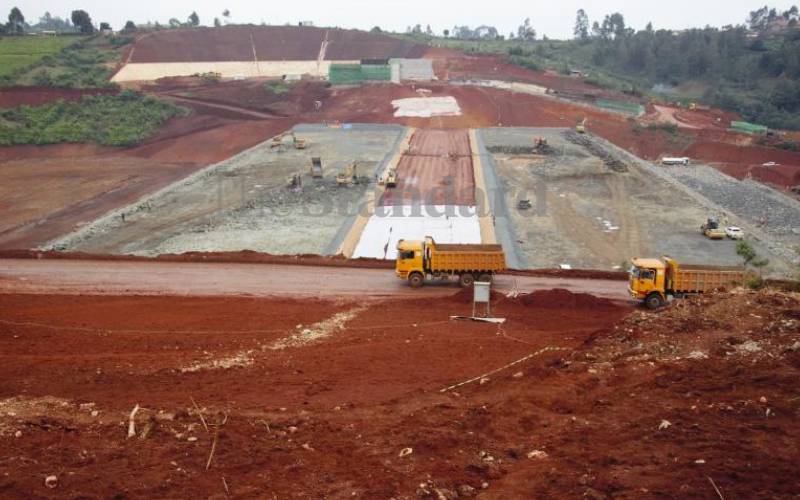
Legendary benga musician, Dr Osito Kalle, of the "Uhuru in e kiongosi" fame once produced a song titled "ng'ato gi hape", loosely translated as "everyone with his/her luck". He introduces the song by stating that the only thing he understands is music. He goes further to say that he is not an expert in all the other professions, and advises people to consult experts in various areas of their interest. The most hilarious part is the last line where advises his audience that should they come across a difficult situation that seems to have no solution, they should consult Amolo Tinga.
This is interesting coming from a musician in a country where HR and procurement practitioners now believe they can build roads, railways, ports, tunnels, viaducts and water reticulation works better than engineers. It becomes a bad joke when the National Assembly boards the same train.